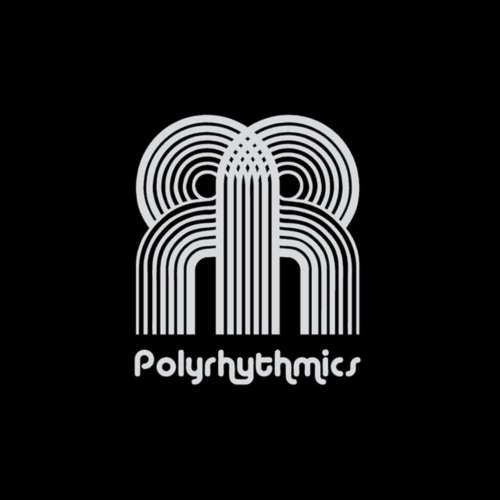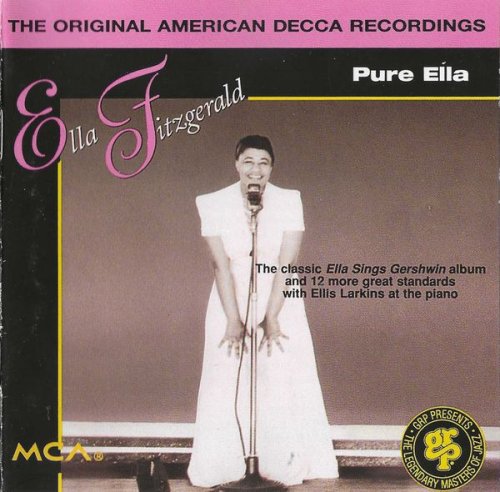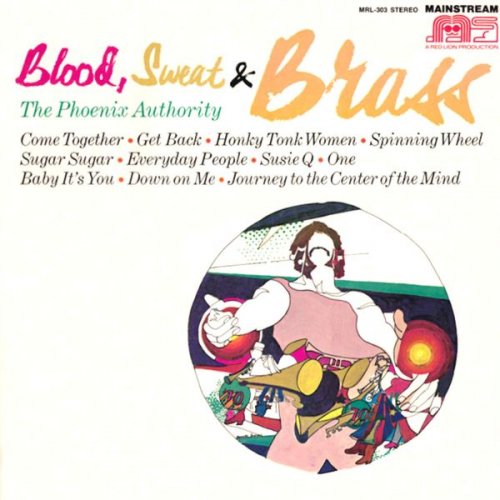Anonymous 4 and Bruce Molsky - Secret Voices Chant & Polyphony from the Las Huelgas Codex, c. 1300 (2011) [Hi-Res]
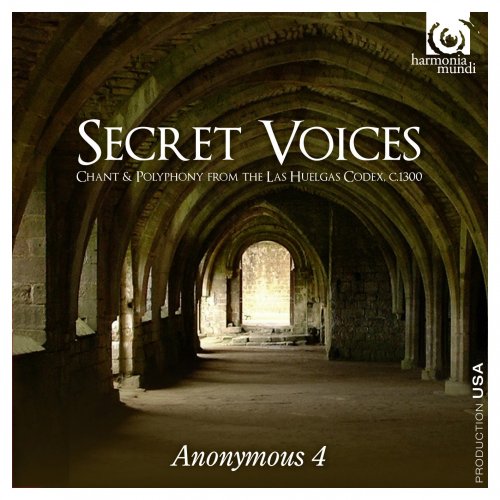
Artist: Anonymous 4, Bruce Molsky
Title: Secret Voices Chant & Polyphony from the Las Huelgas Codex, c. 1300
Year Of Release: 2011
Label: harmonia mundi
Genre: Classical
Quality: flac 24bits - 88.2kHz +Booklet
Total Time: 00:58:25
Total Size: 1.04 gb
WebSite: Album Preview
TracklistTitle: Secret Voices Chant & Polyphony from the Las Huelgas Codex, c. 1300
Year Of Release: 2011
Label: harmonia mundi
Genre: Classical
Quality: flac 24bits - 88.2kHz +Booklet
Total Time: 00:58:25
Total Size: 1.04 gb
WebSite: Album Preview
01. Sequence: Virgines egregie
02. Conductus: Ave maris stella
03. Motet: Claustrum pudicicie / Virgo viget / Flos Filius
04. Discant: Fa fa mi / Ut re mi
05. Conductus-Motet: O Maria virgo / O Maria maris stella / [In Veritate]
06. Benedicamus domino: cum cantico
07. Motet: Salve porta / Salve salus / Salve sancta parens
08. Kirie: Rex virginum amator
09. Gloria: Spiritus et alme
10. Sequence: Verbum bonum et suave
11. Motet: Salve virgo regia /Ave gloriosa mater / [Domino]
12. Sanctus & Benedictus
13. Motet: Gaude virgo nobilis / Verbum caro factum / Et Veritate
14. Agnus dei: Gloriosa spes reorum
15. Planctus: O monialis conscio
16. Benedicamus domino: Belial vocatur
17. Sequence: In virgulto gracie
18. Motet: Ave regina celorum / Alma redemptoris mater / [Alma]
19. Benedicamus domino a3 (rondellus)
20. Song: Si vocatus ad nupcias
21. Conductus: Mater patris et filia
22. Benedicamus domino a2
23. Song: Omnium in te christe
![Anonymous 4 and Bruce Molsky - Secret Voices Chant & Polyphony from the Las Huelgas Codex, c. 1300 (2011) [Hi-Res]](https://www.dibpic.com/uploads/posts/2020-12/1607841111_anonymous-4-and-bruce-molsky-secret-voices-2011-back.jpg)
Anonymous 4 revisit their favourite era in repertoire that illuminates medieval women’s affinity for the most complex polyphony of their time. Spanning the entire 13th century — from virtuosic motets and conductus to heartfelt laments and sacred songs—the remarkable Las Huelgas manuscript was compiled for a convent of aristocratic Castilian women who (in spite of a rule forbidding Cistercian nuns from singing polyphony) sang the most beautiful, advanced and demanding music from all across Gothic-era Europe.
There are elegant French love motets here, like Claustrum pudicicie/Virgo viget, which were retro-fitted with holy words for the sisters to sing. There are conductus, like Mater patris et filia, Ave maris stella and Parens patris natique, with unpredictable rhythms and lively hockets. There are also heartfelt laments, like O monialis conscio, written on the death of a beloved member of the sisterhood. The sisters had written or collected for them, virtuoso polyphony for the daily Mass as well, and we include several of these: the troped Kyrie Rex virginum and Gloria Spiritus et alme. We also get a glimpse into the musical dedication of the convent in a unique “solfeggio” exercise, Fa Fa Mi / Ut Re Mi, for the sister’s music lessons, where they practiced singing their hexachords under the watchful ear of the music mistress. The repertoire of the Las Huelgas manuscript provides the proof that Anonymous 4, far from singing ‘men’s music’, are following in the footsteps of their much-older sisters who had no difficulty (except from their male monastic superiors) in finding and performing the most virtuosic, avant-garde polyphonic music of their time. It’s time now for Anonymous 4 to bring them to life again.


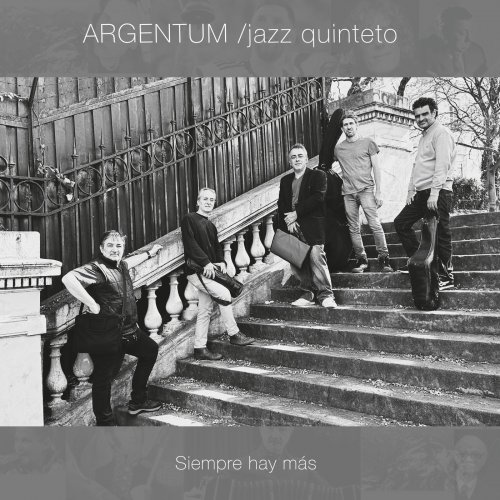


![Elmer Bernstein - Movie and TV Themes (1962) [1987] Elmer Bernstein - Movie and TV Themes (1962) [1987]](https://www.dibpic.com/uploads/posts/2025-12/1766269303_folder.jpg)
